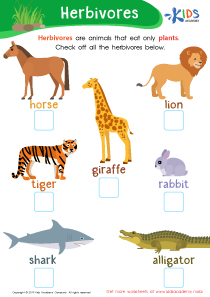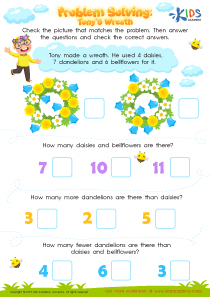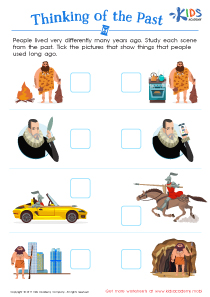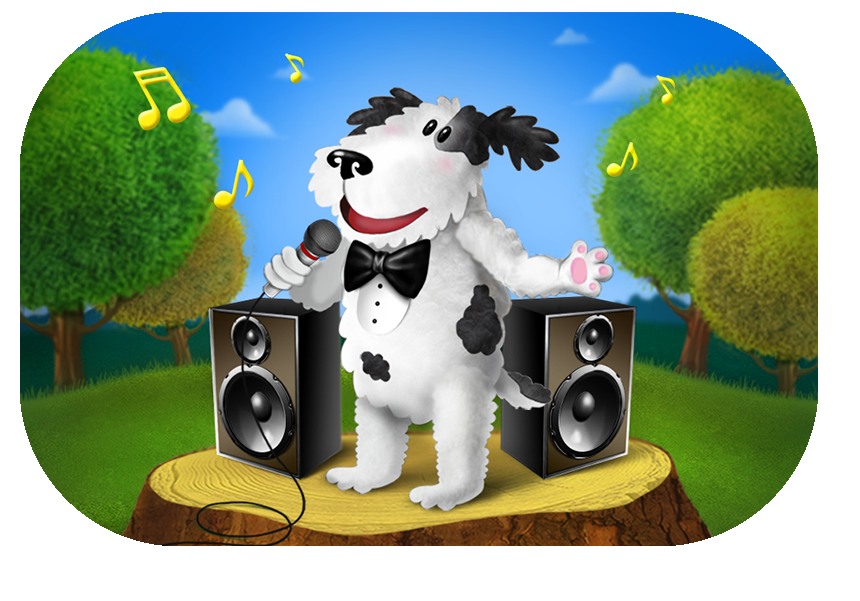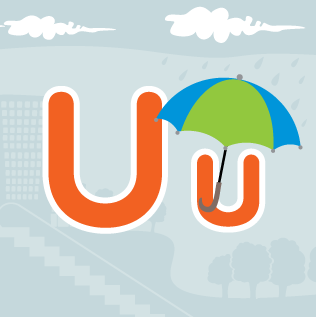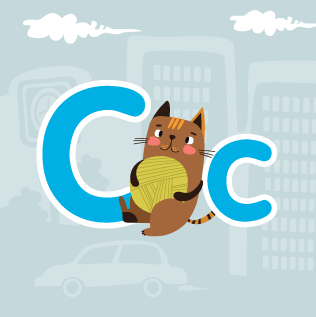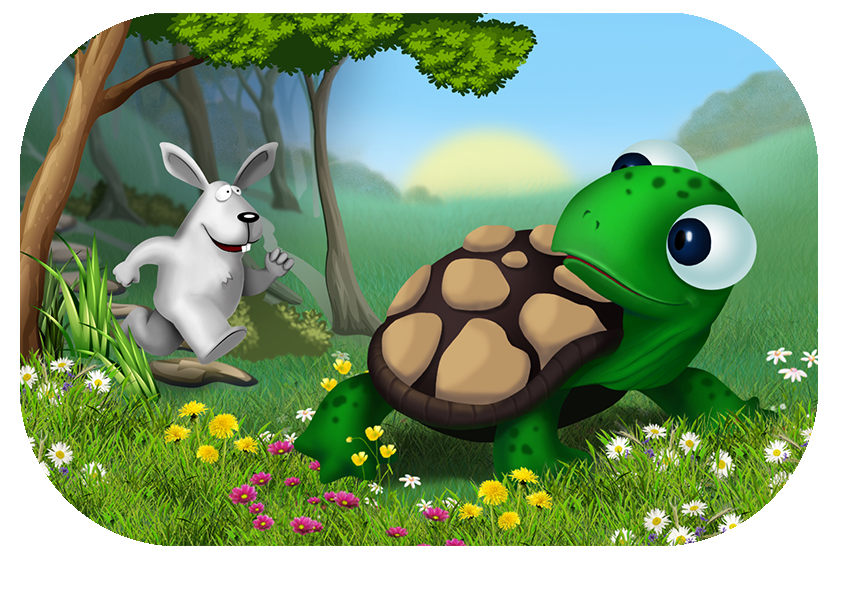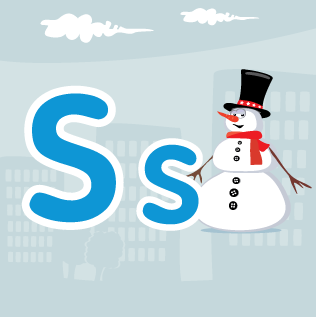English Language Arts Lessons | Basic English Conventions, Kindergarten
9 results
Introducing our vibrant English Language Arts Lessons for Kindergarten children! Foster a strong foundation in literacy skills through our engaging and interactive worksheets, designed to captivate their young minds. These hands-on activities cover various aspects of reading, writing, grammar, and phonics, ensuring their language development blossoms. To enhance their learning experience, we also provide educational videos that spark their creativity and broaden their comprehension. As young learners progress, our assessment quizzes provide valuable feedback, enabling them to track their growth. Prepare your little ones for a lifelong love of language with our comprehensive English Language Arts Lessons, filled with fun and discovery!
Our English Language Arts lessons for children in Kindergarten are designed to provide a strong foundation in language, reading, and writing skills. Through interactive worksheets, educational videos, and assessment quizzes, these lessons offer a fun and engaging way for kids to learn and develop important skills that will benefit them throughout their studies.
One of the key benefits of our English Language Arts lessons is that they promote language development. From a young age, children are like sponges, absorbing new words, phrases, and grammatical structures. Our lessons are created to foster this natural language acquisition process by exposing kids to a wide range of vocabulary and sentence structures. By engaging with interactive worksheets, children have the opportunity to practice using these words and sentences in a meaningful context, making language learning a truly interactive experience.
In addition to building vocabulary and sentence structure, our lessons also focus on reading skills. Reading is a fundamental skill that opens up doors to a world of knowledge and imagination. Through our educational videos, children can be exposed to different types of texts, such as stories, poems, and informational texts, read out loud. This helps them develop their listening and reading comprehension skills, as they follow along and make connections between the words they hear and the corresponding visuals. By providing a variety of texts and visual aids, our lessons help children develop their reading skills at their own pace, building confidence in their abilities.
Furthermore, our English Language Arts lessons also incorporate writing activities. Writing is a powerful tool for self-expression and communication. From simple letter formation exercises to more complex sentence and story writing, our lessons guide children through the writing process step-by-step. Through interactive worksheets, children can practice handwriting, letter recognition, and word formation, setting a strong foundation in written communication. These activities also encourage creativity and critical thinking as children learn to express their thoughts and ideas through written words. By providing ongoing practice and feedback, our lessons help children develop and refine their writing skills, enabling them to effectively communicate their thoughts and ideas in a clear and coherent manner.
Finally, our lessons also include assessment quizzes to measure students' progress. These quizzes serve as valuable tools to evaluate the effectiveness of the lessons and identify areas where additional support may be needed. By providing immediate feedback, children can learn from their mistakes and make necessary adjustments to improve their understanding and performance. Moreover, assessment quizzes help children develop important skills such as attention to detail, critical thinking, and problem-solving, as they analyze and respond to different types of questions.
